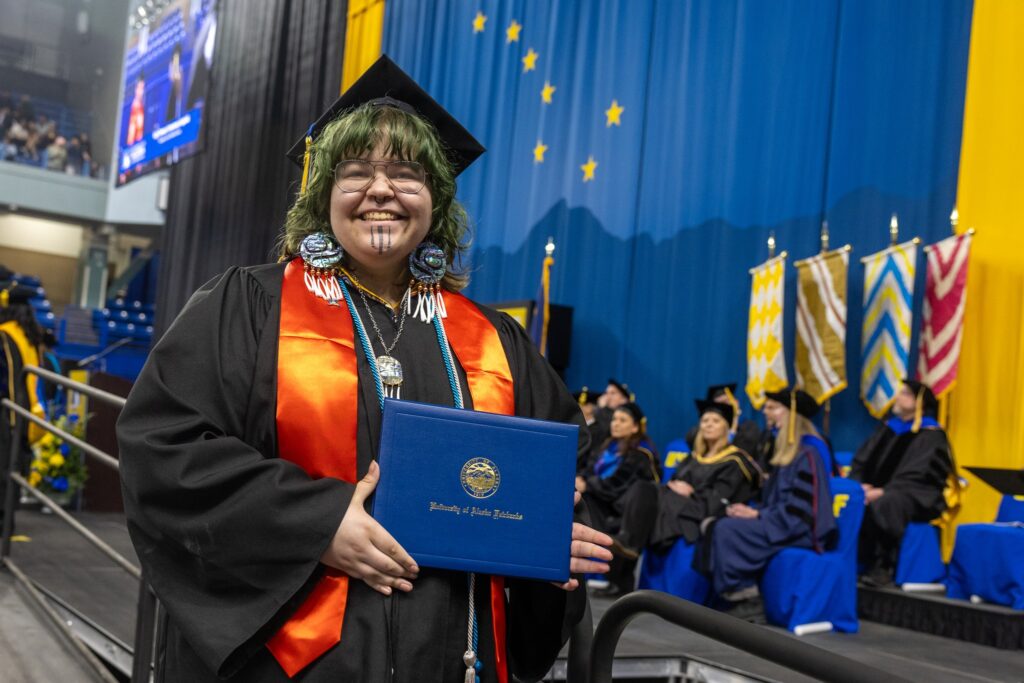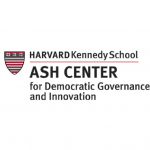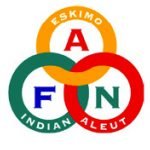Meet Blog Root (Tlingit and Tsimshian), a 20-year-old UAF ANSEP graduate from Wasilla, who graduated last month with a Bachelor of Science in Psychology. Growing up in a low-income household surrounded by chronic illness and limited access to higher education, Blog never imagined college could be part of their future—until they discovered ANSEP in sixth grade. What followed was a journey of resilience, self-discovery, and support that changed their life. In their own words, Blog shares how ANSEP opened the door to opportunity, helped them find their true passion, and empowered them to believe in a future they once thought was out of reach.

“My name is Blog Root, and I’m from Wasilla, Alaska.
I remember the first time I heard about ANSEP—I walked into my 6th grade classroom, and there was a packet on my desk for an Alaska Native program. ‘Stick with us, and go to college,’ it said. That was the first time in my life I thought, “I could go to college.”
See, I grew up low-income, surrounded by chronic illness, drugs, and alcohol. No one I knew went to college—my mom didn’t even finish high school. College just wasn’t part of the life I knew.
But I signed up anyway. And I got in.
Twelve days away from everything, at the ANSEP Middle School Academy—twelve days of three meals a day for the first time, twelve days learning about energy, insulation, and building a computer. Hands-on experience—and I was hooked.
I went back the next summer. And again. That foundation gave me the confidence to apply to an academic high school. And I got in.
With the background ANSEP gave me in coding and mechanics, I helped start the FTC robotics team. Through Acceleration Academy, I completed a college math course in five weeks—proving to myself that I could do this.
Then, our robotics team went to the world championship—and we did pretty well. But I realized… I wasn’t doing what I wanted to do. I was doing what I thought would lead to a better career.
When I changed my major from engineering to psychology, I thought ANSEP wouldn’t want me anymore. I wasn’t a “hard” STEM major. But I was wrong.
I remember being in the interview for Summer Bridge, nervously mentioning this goofy hobby of mine—looking at the psychology of cartoons. And Beth Spangler didn’t dismiss me. In fact, she encouraged me. She told me how important a skill like that could be.
I was chosen for the first group to go to DC for the National Fish and Wildlife Foundation internship—one of the best opportunities I could imagine. I made connections and gained real work experience before college even started.
So when I did start college, I didn’t just have experience—I already knew what it was like to live in dorms, how to use Blackboard and Canvas, how to email professors and talk to advisors.
For the first time in my life—I had the advantage.
So I ran with it. I overloaded my course schedule. I took summer classes. But my efforts were split.
See, I also worked.
I worked my way up—from a job at the gym, to working directly with ANSEP, to working with one of their partners in Indigenous Interpretation. I couldn’t focus only on school—there were medical expenses. School felt more like a luxury.
And every semester, I kept thinking, “This is it. My luck’s gonna run out. The dream’s gonna end. I’m gonna have to go back to Wasilla and just work.”
It was so deeply ingrained in me that people like me didn’t go to college. Didn’t have careers…
But every semester—ANSEP was there.
“Good job on your classes, Blog!”
“Here’s an internship we think fits you, Blog!”
“People are talking about you, Blog.”
And I’d make it to the next semester.
Now I’m here—20 years old, with a degree and career experience, a clear vision of what I want to do, and the steps to get there.
It wasn’t until recently that I realized: “I’m doing this.”
That’s what ANSEP means to me, I think.
The opportunity to believe beyond what we think is possible.
And it is an opportunity. Not everyone gets it. But I did. And I saw the path for me, a new path.
To the many, many people who helped make that opportunity possible—I am entirely grateful.“



